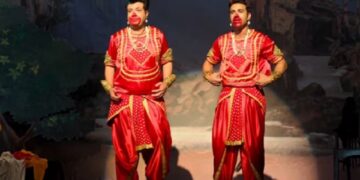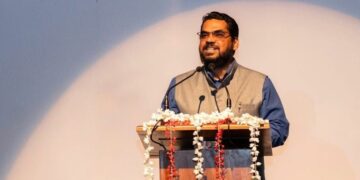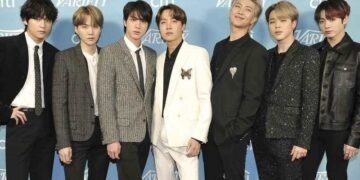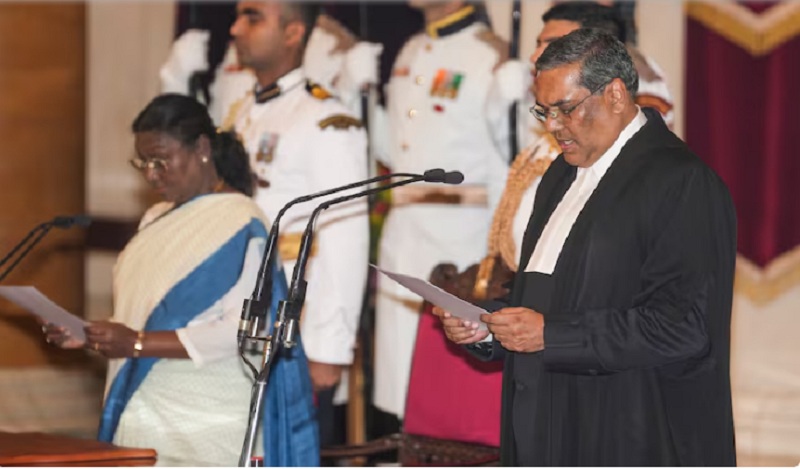Justice Sanjiv Khanna took oath as the 51st Chief Justice of India on Monday, succeeding former Chief Justice DY Chandrachud, who retired from the country’s top legal post on Sunday.
President Droupadi Murmu administered the oath of office to the 64-year-old judge at a ceremony in Rashtrapati Bhavan.
Justice Khanna will serve a six-month term as the Chief Justice of India. He is due to retire on May 13 next year.
Vice-President Jagdeep Dhankhar, Prime Minister Narendra Modi, Defence Minister Rajnath Singh and other ministers attended the ceremony. Former Chief Justice DY Chandrachud was also present.
Born in Delhi, Chief Justice Khanna went to Modern School Barakhamba Road before moving to St Stephen’s College. He studied law at Delhi University’s Campus Law College.
Ever since he was elevated as a Supreme Court judge in January 2019, Justice Sanjiv Khanna has been a part of several important rulings, including ones on the abrogation of Article 370, which granted special status to the erstwhile state of Jammu and Kashmir. He was also part of the bench that declared the electoral bonds scheme unconstitutional.
Justice Khanna, who hails from a family of lawyers, was elevated to the Supreme Court from the Delhi High Court on January 18, 2019, and has authored over 115 judgements.
After graduating with an LLB degree from Delhi University in 1983, Justice Khanna practised at the Delhi High Court for almost 23 years before being elevated as an Additional Judge in 2005. In February 2006, he was made a permanent judge.
In 2021, Justice Sanjiv Khanna wrote the dissenting judgement to hold that requisite processes were not followed for the Central Vista project. The project includes the redevelopment of the administrative area in Lutyens’ Delhi, the power corridor of India.
The year 2024 has been noteworthy for Justice Khanna as he has been part of the benches that have delivered important judgements pertaining to elections, bail and personal liberty.
Earlier this year, he was part of a division bench that rejected a plea for 100% verification of votes through VVPAT.
In the second half of the year, Justice Khanna dealt with politically sensitive matters regarding the bail applications of former Delhi Chief Minister Arvind Kejriwal, and AAP leaders Manish Sisodia and Sanjay Singh in the liquor policy case.
Among the first of the major cases that are likely to come up before CJI Khanna are petitions challenging the marital rape exception in criminal law.
The top court is also dealing with the case of the brutal rape and murder of a woman trainee doctor at Kolkata’s RG Kar Medical College.
ALSO READ: Literary icon Hoshang Merchant to grace ‘Arunachal Literature Festival’
The court had set up a national task force to suggest protocols for the security of doctors and healthcare workers. The body will submit its report soon, and it remains to be seen what steps CJI Khanna suggests.















